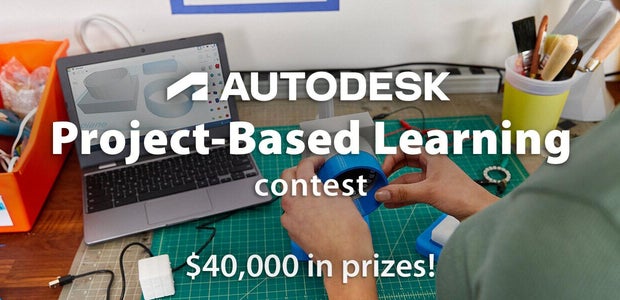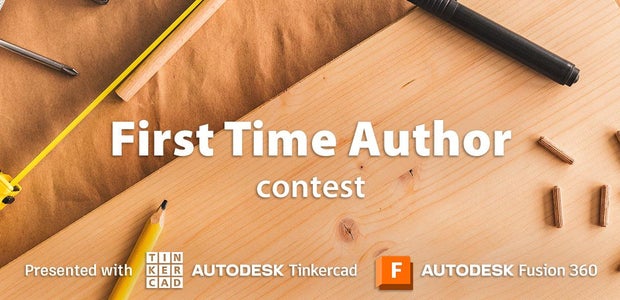Introduction: Hidey Cube (LET Joint)
The HideyCube is a childcare furniture product designed to provide classrooms with a multi-purpose, deployable structure. This design helps teachers save space by collapsing to a compact, flat configuration while not in use.
The HideyCube is identifiable by its foldable sides which allows the structure to have a compact storage size. The folding method presented for the Hidey-Cube eliminates the need for assembly/disassembly when moved in and out of spaces.
The HideyCube 2.0 has been upgraded to contain features like a soft cushion on the back and bottom panels, and hinge slots which eliminate finger pinch points.
Make a HideyCube for your classroom today!
Learn More
This design was developed by the Compliant Mechanisms Research Group (CMR) from Brigham Young University (BYU). Follow us at @byucmr on Instagram or learn more about compliant mechanisms by visiting cmr.byu.edu
Technical Information
For in-depth technical information, see the following publication:
Ames, DC, Mittelman, A, Jones, J, Halverson, D, Bateman, T, Magleby, SP, & Howell, LL. "Applications of Origami Principles in Deployable Childcare Furniture." Proceedings of the ASME 2022 International Design Engineering Technical Conferences and Computers and Information in Engineering Conference. Volume 7: 46th Mechanisms and Robotics Conference (MR). St. Louis, Missouri, USA. August 14–17, 2022. V007T07A069. ASME. https://doi.org/10.1115/DETC2022-89996
To learn more about compliant mechanisms in general, see the BYU Compliant Mechanisms Research (CMR) website or these books: Compliant Mechanisms, Handbook of Compliant Mechanisms
Supplies
4’x8’x.5” sheet sanded plywood
Access to a large printer (one that can print the following paper size)
4' x 8' piece of paper
Jigsaw
BEHR Ultra Scuff Defense Paint
Paintbrush
Clamps 4x
Wood Glue
14 Hinges with corresponding wood screws
Power Drill
Furniture cushion or some other piece of foam
Waterproof fabric
Wood Stapler
Wood Staples
Step 1: Print Panel Schematic
Print this schematic out onto a large paper with sizing equal to the 4' x 8' dimensions on the sides.
You may have to go to a poster printing store or use a school or library printer.
Step 2: Cut & Paint Panels
Use wood glue to bond the small pieces to the bottom panel and secure it with a clamp.
Step 3: Glue and Clamp the Thickness Offset Panels
Drill pilot holes in the location where the hinges will be set. Do your best to straightly align the hinges. Screw in the wood screws. Look at the photo for hinge placement - generally speaking, the hinges can be placed anywhere along the folding lines. Place one towards the top and one closer to the bottom of each panel.
Step 4: Drill Holes & Fasten the Hinges
Use the wood stapler to fasten the fabric to the perimeter of the back and bottom panels. This will create a comfy place for children to sit and lean against.
Step 5: Add Wrapped Cushions to Back and Bottom Panels
Open and close your HideyCube a few times. The product should fold smoothly and safely. Make note of any protruding features, exposed sharp staples or wood screws, misaligned hinges, etc. and promptly address the issue.
Congratulations on your new piece of childcare furniture!
Step 6: Practice Folding and Unfolding Your New HideyCube
Open and close your HideyCube a few times. The product should fold smoothly and safely. Make note of any protruding features, exposed sharp staples or wood screws, misaligned hinges, etc. and promptly address the issue.
Congratulations on your new piece of childcare furniture!














Comments